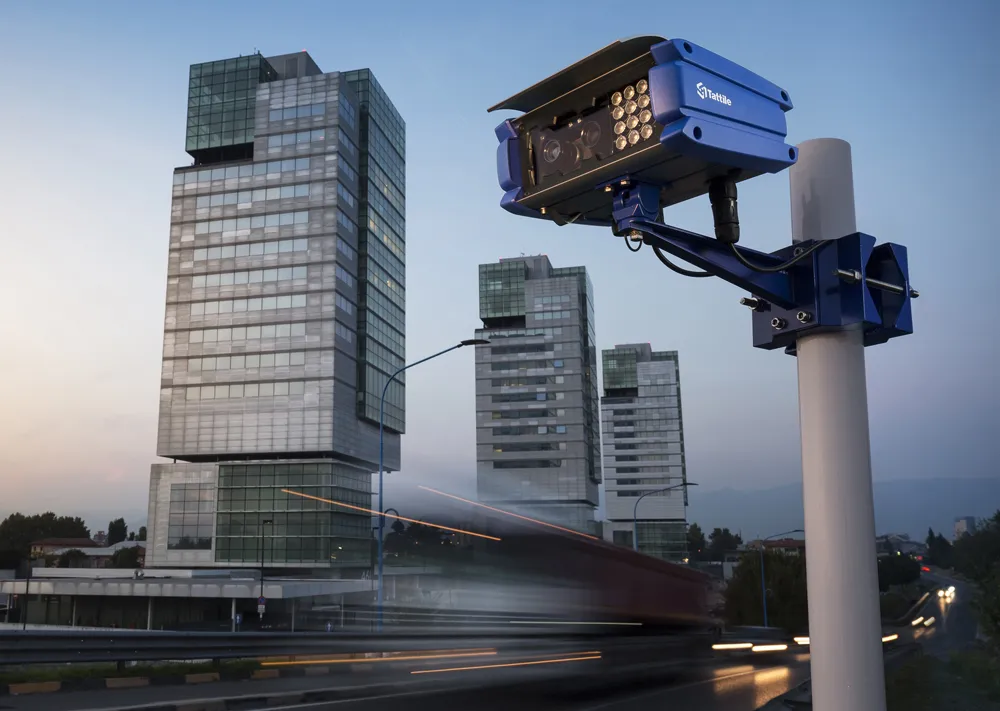Madrid City Council has chosen
Kapsch will install a network of 120 permanent traffic counting stations that have artificial vision sensors to count traffic, as well as 40 stations for pedestrians and cyclists, to continuously monitor mobility in the city’s streets.
The EcoTrafiX will integrate data obtained from the stations with various specific measurements such as traffic intensities, instant speeds, directional traffic count and characterisation, as well as any others considered necessary by the General Subdirectorate for Mobility Implementation and Transportation. This process will assist Madrid City Council in identifying the causes of congestion and help propose solutions for mitigation. The system will consolidate floating car data on car parks (location, usage), public street parking (SER), police reports, public transportation to provide real time information on traffic.
Madrid City Council chooses Kapsch on intelligent mobility solution
Madrid City Council has chosen Kapsch in €1.9 million investment to install an intelligent mobility system, EcoTrafiX, to identify real traffic situations in the city for pedestrians, bicycles, motorcycles and cars. Madrid City Council has chosen Kapsch in €1.9 million investment to install an intelligent mobility system, EcoTrafiX, to identify real traffic situations in the city for pedestrians, bicycles, motorcycles and cars.
October 12, 2017
Read time: 1 min








